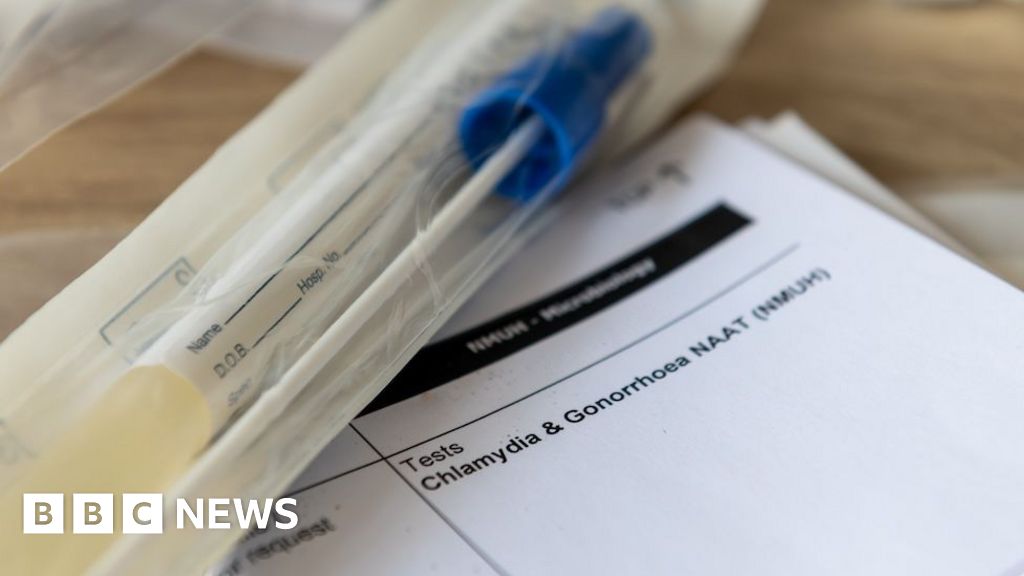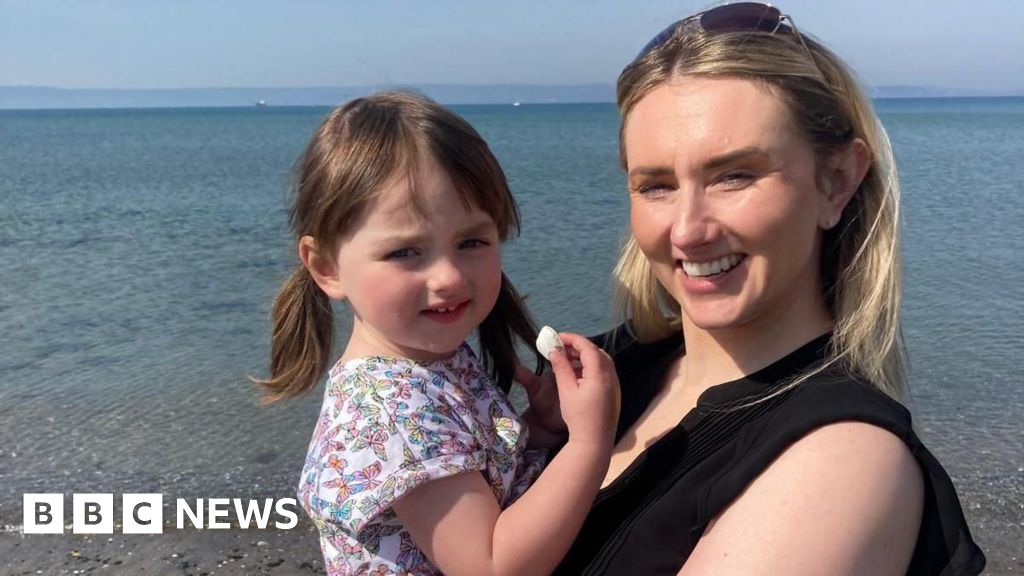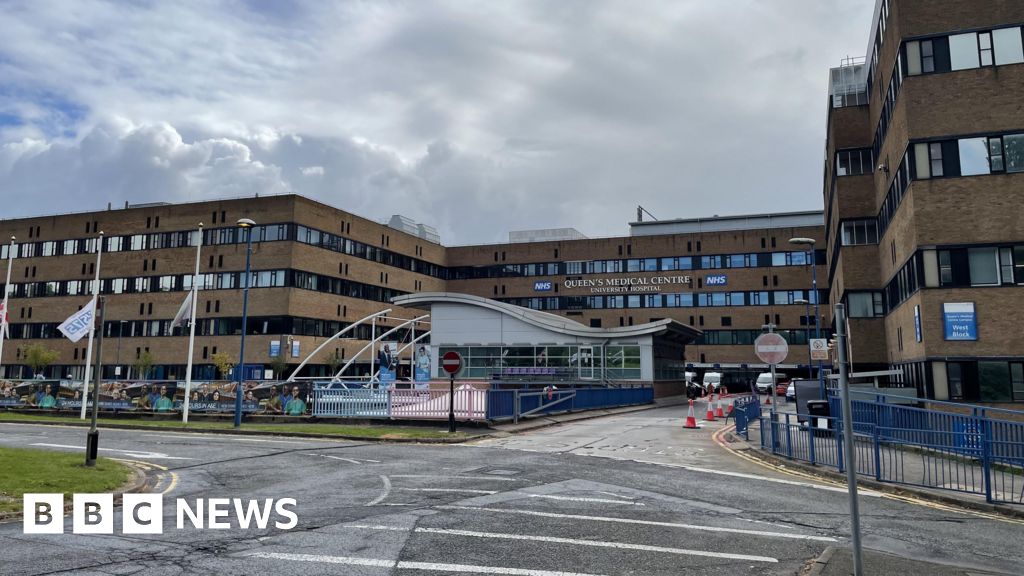ARTICLE AD BOX
By Philippa Roxby
Health reporter
A third Covid jab could be rolled out for the most vulnerable from September.
Everyone aged 16 and over in the UK can now receive the Covid vaccine.
Will I get a booster jab?
The health secretary has said a vaccine booster scheme will take place, and is likely to start in September.
Sajid Javid said the "most vulnerable" would be offered the third jab first.
The JCVI - the scientific body advising the government on vaccines - previously said over-70s and the clinically extremely vulnerable should be included if a booster programme went ahead, as well as frontline health and social care workers.
They suggested a booster jab could be offered alongside the flu vaccine.
However an exact start date has not yet been set, and we don't know whether the booster scheme will be extended to all adults.
It's also not clear whether people would be offered the same type of vaccine as they previously had, or a different one.
Who's being vaccinated at the moment?
All over-18s are being offered two doses of the Covid vaccine. Everyone aged 16 and 17 is initially being offered one dose, with the intention of having a second at a later date.
The vaccine is also available for over-12s with underlying health conditions, or those who live with others at high risk.
NHS England has been told to prepare for the possibility of giving the jab to all children aged 12-15.
However, an estimated third of 18-29-year-olds in England still haven't had a single jab, and nor have around a quarter of this age group in Scotland.
How do I get a vaccine?
In England adults and those within three months of turning 18 can book a jab online or by calling 119. You can also visit a walk-in clinic without an appointment.
All 16 and 17-year-olds are being invited to make an appointment through their GP.
In Scotland, over-16s can register to get the vaccine on the NHS inform website or by calling 0800 030 8013. Most health boards also have drop-in vaccination clinics.
In Wales, adults should contact their local health board if they've not been offered their jab. Invites are being sent to 16 and 17-year-olds.
In Northern Ireland, you can book online or call 0300 200 7813. Walk-in centres are open to older teenagers.
How soon should I get my second jab?
In England, the recommended gap between first and second jabs is between 8-12 weeks.
In Wales, the government says you should be called in for your second dose "within 12 weeks" of the first.
In Scotland and Northern Ireland the recommended gap is eight weeks.
What vaccine will I get?
The UK is using vaccines made by Pfizer-BioNtech, Oxford-AstraZeneca, and Moderna.
People who are under 40 or pregnant are being offered Pfizer or Moderna rather than Oxford-AstraZeneca, because of concerns about a possible connection with extremely rare cases of blood clots.
Under-18s are currently being offered Pfizer, although the Moderna vaccine has also been authorised for use in children in the UK.
Do vaccines work against different variants?
At the moment, the most common type of Covid in the UK is the Delta variant.
According to the largest study of its kind, having two vaccine doses remains the best way to protect yourself.
Researchers don't yet have enough data to compare the Moderna jab, but believe it is "almost certainly at least as good as the others".
Is vaccination compulsory?
It's not compulsory, although the government is urging everyone who can have the vaccine to get it.
However, some jobs do require staff members to have the jab.
For example, vaccinations will be mandatory for staff at care homes in England, and may be extended to include more NHS staff.
And double-jabbed people no longer have to self-isolate if a contact tests positive for Covid (as long as they themselves test negative).
By the end of September, full vaccination will also be a condition of entry for nightclubs and some other venues in England.
What's the advice to pregnant women?
The Delta variant is causing more serious illness from Covid which means unvaccinated pregnant women and their babies are at risk.
Between May and July, at least 171 pregnant women with Covid needed hospital care. None of them had had both jabs.
What about side effects?
The most common ones include a sore arm, headache, chills, fatigue and nausea.
They are part of the body's normal immune response to vaccines and tend to resolve within a day or two.
BBC Radio presenter Lisa Shaw died after developing blood clots following her first dose of the AstraZeneca Covid-19 vaccine.
The clots are extremely rare. There have been 417 reported cases and 72 deaths after 24.8 million first doses and 23.9 million second doses of the AstraZeneca vaccine in the UK.
Separately, a very small number of people have experienced a severe allergic reaction after receiving the Pfizer vaccine.
You should discuss any existing serious allergies with your healthcare professional before being vaccinated.
The BBC is not responsible for the content of external sites.

 3 years ago
127
3 years ago
127








 English (US) ·
English (US) ·